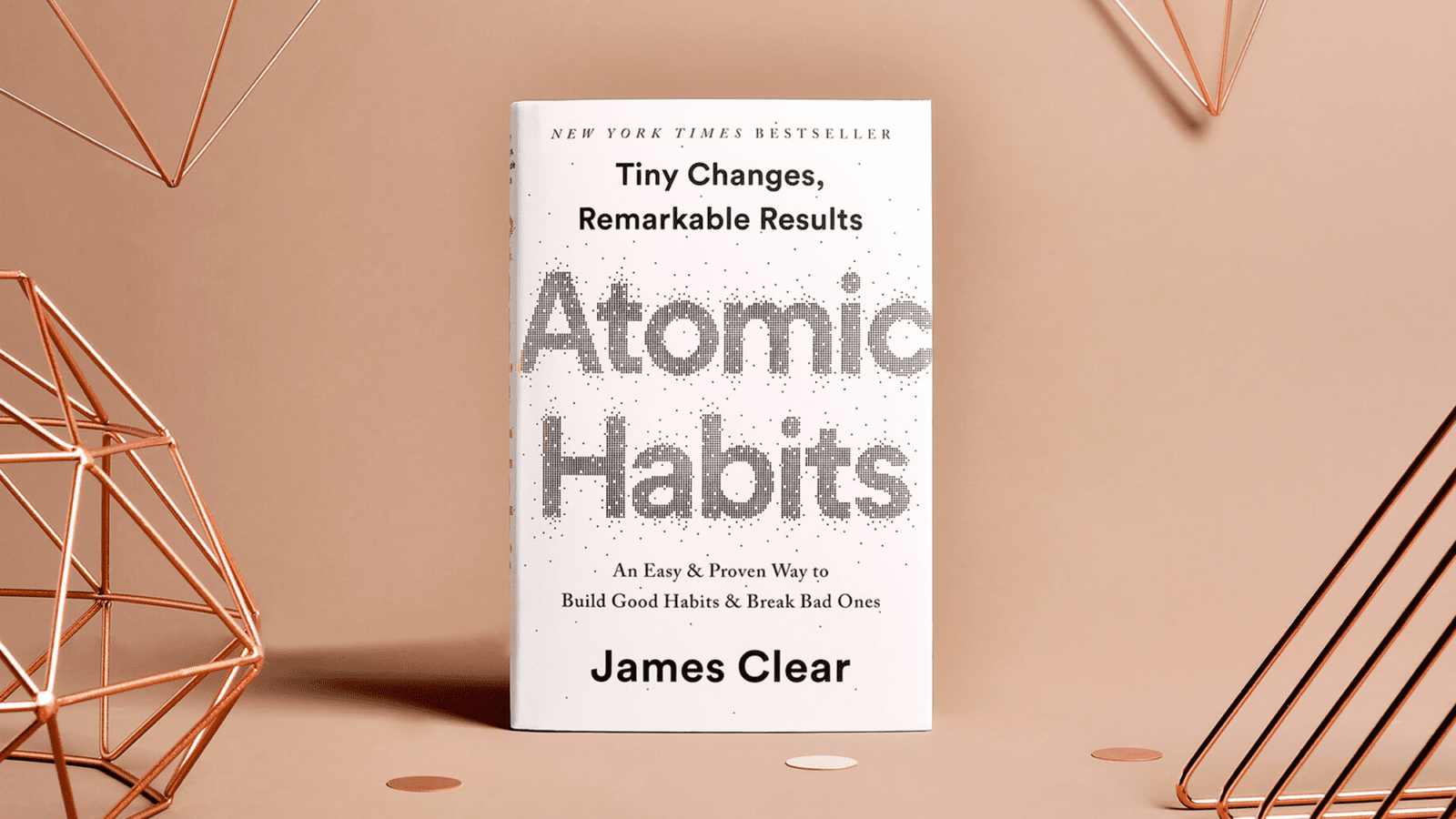Why You Keep Failing at Habits (And How to Finally Win)
It’s Monday morning. You’re pumped. This time will be different. You’ll hit the gym, eat healthy, read more, and finally become the person you know you can be.
By Thursday? You’re ordering takeout and scrolling your phone instead of reading.
Sound familiar? You’re not broken. You’re just using the wrong approach.
The Hidden Truth About Your Brain
Here’s what nobody tells you: your brain doesn’t want you to change. It’s wired to keep you alive, not help you thrive. Change feels dangerous to your brain, so it fights back with every excuse, distraction, and “I’ll start tomorrow” it can muster.
But here’s the good news—once you understand how habits actually work, you can outsmart your own resistance.
Forget Motivation. Build Systems Instead.
Motivation is like a sugar rush. It feels amazing for 20 minutes, then crashes hard. Systems are like solar panels—they work whether you feel like it or not.
Instead of: “I want to lose 20 pounds”
Try: “I’ll put my workout clothes next to my bed every night”
Instead of: “I’m going to read 50 books this year”
Try: “I’ll read one page before checking my phone in the morning”
The magic isn’t in the big goal. It’s in the tiny system that runs automatically.
The 4-Step Habit Formula That Actually Works
Every habit follows the same pattern. Master this, and you master change:
1. Cue (Make it Obvious)
Your environment is stronger than your willpower. Want to drink more water? Put a full bottle on your desk. Want to exercise? Leave your gym shoes by the door.
Pro tip: Stack new habits onto old ones. “After I pour my morning coffee, I’ll write three things I’m grateful for.”
2. Craving (Make it Attractive)
Your brain needs a reason to care. Pair something you want to do with something you need to do. Love podcasts? Only listen while walking. Obsessed with Netflix? Only watch while on the treadmill.
3. Response (Make it Easy)
Start embarrassingly small. Want to meditate? Start with one breath. Want to write? Start with one sentence. The goal isn’t perfection—it’s showing up.
Remember: You can’t improve a habit that doesn’t exist.
4. Reward (Make it Satisfying)
Your brain learns through rewards. Celebrate small wins immediately. Finished your workout? Do a little victory dance. Ate a healthy meal? Give yourself a mental high-five.
Recent research shows that anticipating rewards actually releases more dopamine than getting the reward itself. So track your progress visually—seeing that streak grow becomes addictive in the best way.
The Identity Secret That Changes Everything
Here’s the real game-changer: don’t focus on what you want to have or do. Focus on who you want to become.
Old way: “I want to run a marathon”
New way: “I’m becoming a runner”
Old way: “I want to lose weight”
New way: “I’m becoming someone who takes care of their body”
Every time you do the small action, you’re casting a vote for your new identity. Miss a day? No problem. Just don’t miss twice.
When You Mess Up (And You Will)
Here’s what successful people know that others don’t: the goal isn’t perfection, it’s resilience.
You will skip workouts. You will eat junk food. You will scroll instead of reading. That’s not failure—that’s being human.
The difference between people who change and people who don’t? People who change get back on track quickly. They don’t wait for Monday or next month. They start again immediately.
Missing once is an accident. Missing twice is the start of a new habit.
Your Next Step
Pick ONE habit. Make it so small you can’t fail. Do it for just two minutes a day. That’s it.
Not three habits. Not 30 minutes. One habit, two minutes.
Because here’s what I’ve learned after helping thousands of people change their lives: the people who try to change everything change nothing. The people who change one small thing end up changing everything.
The Bottom Line
Your current habits got you where you are today. If you want to be somewhere different tomorrow, you need different habits.
You don’t need more motivation. You don’t need a perfect plan. You don’t need to wait for the “right time.”
You just need to start small, stay consistent, and trust the process.
What one tiny habit will you start today?
Remember: You’re not trying to achieve a goal. You’re trying to become the type of person who naturally does these things. That shift in thinking changes everything.



